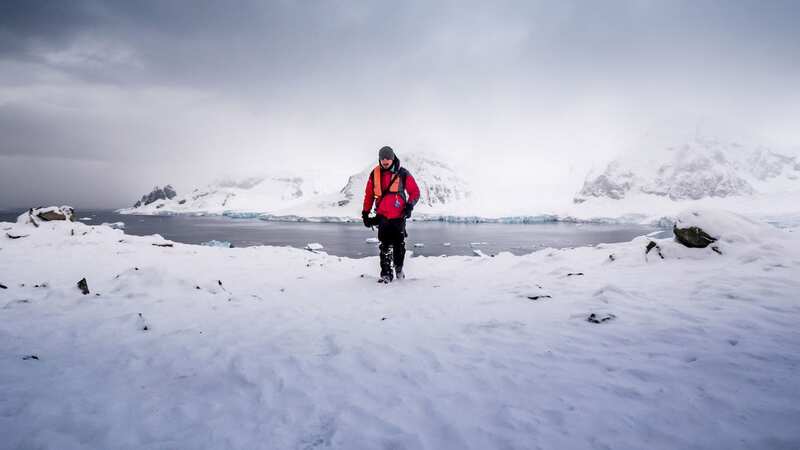Workers develop a unique accent after living together for months in Antarctica
Researchers in Antarctica were found to have different accents after spending months alone together.
During the winter months the population of people working on the frozen continent drops from 5,000 to 1,000 people. As a result, they provided the perfect environment for an experiment on how people spoke.
The team from the Ludwig Maximilian University, Munich, recorded the voices of 11 of the “winterers”, including eight Brits, one from the US, one from Iceland and a German, at the start of the isolation. Four more recordings were taken every six weeks when they had limited access to the world outside.
They discovered a new twang in their vowels. Jonathan Harrington, study author from Ludwig-Maximilians University of Munich, told IFLScience: “The Antarctic accent is not really perceptible as such – it would take much longer for it to become so – but it is acoustically measurable.
"It's mostly an amalgamation of some aspects of the spoken accents of the winterers before they went to Antarctica, together with an innovation, It's far more embryonic [than conventional English accents] given that it had only a short time to develop and also, of course, because it's only distributed across a small group of speakers.
 Mancunian accent voted sexiest in UK with Scouse coming in third in new survey
Mancunian accent voted sexiest in UK with Scouse coming in third in new survey
“The study shows that if you isolate a group of individuals, they will begin to show the beginnings of a new spoken accent whose form depends to a large extent on the accent characteristics of the speakers that went into the mixture”
He added he would expect the same thing to happen should humans eventually travel to Mars. The study concluded: The group developed an innovation and produced a phonetically more fronted /ou/ in, compared with prior to, Antarctica.
“The study has shown that there were two types of phonetic changes among the group of winterers due to spending time together in Antarctica for several months. The reason for such innovative shifts currently remains unclear.
“Such innovations may derive not just from the position but also how for each individual the distributions of phonological categories are oriented with respect to each other in an acoustic phonetic space. The distance between phonological categories may be another factor that conditions whether or not innovation takes place.”
Comments:
comments powered by Disqus


































